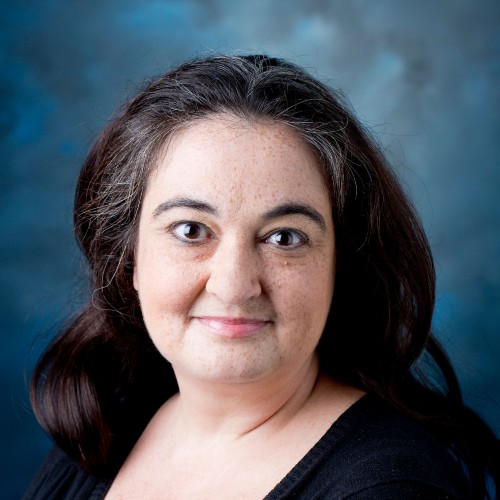
Two Loyola Marymount University educators were among those recognized by the Carnegie Academy for the Scholarship of Teaching and Learning during the summer institute at Creighton University in Nebraska. The academy brings together faculty, administrators and graduate students to explore and expand developments in the scholarship of teaching and learning.
Michael G. Lee, S.J., assistant professor of theological studies, and Michele L. Hammers, assistant professor of communications studies, were asked to submit their research topics for peer review at the annual meeting June 3-6, 2009. The LMU professors said they gained valuable insights from the prestigious gathering that will advance their pedagogical work.
Lee’s mentoring proposal goes to the heart of connecting the Catholic faith to Latino teenagers at a crucial time in their lives. He designed a course that incorporates the LMU-based Teacher Education in Religion with a practicum in a parish education program. Lee is pursuing the question of what practices are most effective in reaching Latino teens and raising their participation and identification with their religion. The undertaking is made more compelling by recent studies that show this population is rapidly growing in number but also more disaffected than their parents.
“They urged me to narrow the focus of my study,” Lee said. “I was advised to concentrate on training my students to be mentors, using the latest scholarship in mentoring.” Carnegie Scholars also praised Lee’s study for “preparing LMU student religion teachers to listen to youth, so they could make the necessary adjustments in approach.”
Hammers’ project is focused on the concept of academic rigor and how that can facilitate students’ achievement toward social justice outcomes. She redesigned a public speaking course that incorporates the students’ experiences and interests into the curriculum. This shift away from a skills-only public speaking framework – and the usual method of grading those efforts – will allow Hammers to give a more nuanced measure of student learning, student satisfaction and perceptions of accomplishment. Hammers also sees this project as an important contribution to the ongoing academic discussion of rigor.
“I was advised to view my study in two components: rigor in public speaking and then social justice as a topic of exploration,” said Hammers. But, she said, the peer review also commended the focus of the class. “We train the students in a skill – public speaking – but they put it in the context of social justice, however they grasp and convey that concept.”
Jackie Dewar, professor of mathematics and director of LMU’s Center for Teaching Excellence, said, “The university’s students benefit in so many ways from the LMU faculty’s growing expertise in the scholarship of teaching and learning. LMU is gaining recognition nationally for this work as well.”



